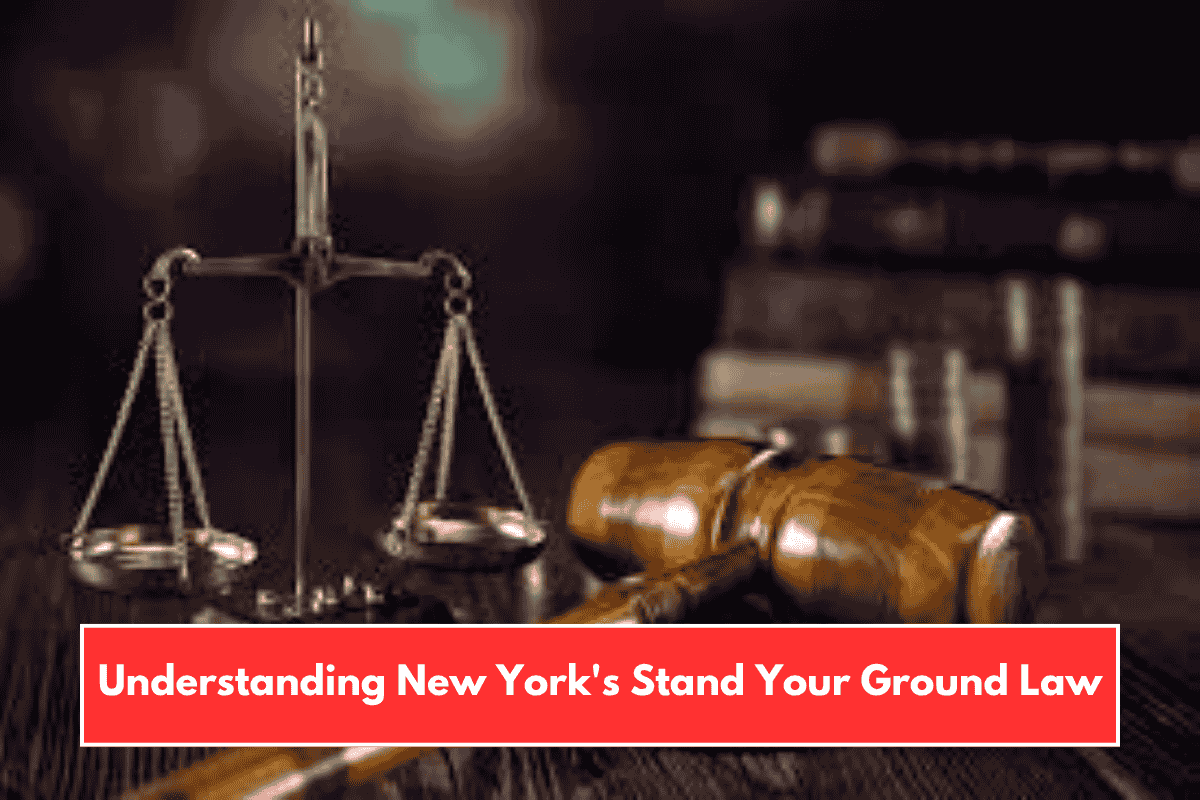New York does not have a “Stand Your Ground” law. Instead, the state follows the “duty to retreat” principle in most situations outside the home.
Duty to Retreat
- Definition: When confronted with a threat outside your home, you must attempt to avoid using force by retreating if you can do so with complete personal safety to yourself or others.
- Application: Deadly force can only be used if you cannot safely retreat. If retreat is possible, using deadly force is not justified.
- Burden of Proof: In self-defense cases, the prosecution must prove beyond a reasonable doubt that the defendant was not justified in using force, but the defendant must present evidence supporting their claim of self-defense.
The Castle Doctrine Exception
- In Your Home: The “Castle Doctrine” is an exception to the duty to retreat. When you are in your own home and are not the initial aggressor, you have no legal obligation to retreat before using reasonable force, including deadly force, to defend yourself or others against an intruder.
- Scope: This doctrine applies only within your home or property, not in public spaces.
Proportionality and Reasonable Belief
- Proportional Force: Any force used in self-defense must be proportional to the threat faced. Deadly force is only justified if you reasonably believe you are facing imminent death, serious physical injury, kidnapping, rape, or robbery.
- Reasonable Belief: The belief that force is necessary must be both genuine and reasonable from the perspective of an average person in the same situation.
Comparison: Stand Your Ground vs. Duty to Retreat
| Feature | Stand Your Ground (Not NY) | Duty to Retreat (NY) |
|---|---|---|
| Obligation to retreat | No | Yes, if safe to do so |
| Applies in public places | Yes | No, must retreat if possible |
| Applies in home | Yes | No duty to retreat (Castle Doctrine) |
| Use of deadly force | If reasonable, no retreat required | Only if retreat is not possible and threat is imminent |
Key Points to Remember
- In public, you must retreat if you can do so safely before using deadly force.
- In your home, you may “stand your ground” and use necessary force to defend yourself against an intruder.
- The force used must be proportional to the threat and based on a reasonable belief of imminent danger.
New York’s self-defense laws are more restrictive than those in “stand your ground” states. The duty to retreat is a central component, with the only major exception being the Castle Doctrine, which applies in your own home. Understanding these distinctions is crucial for anyone living in or visiting New York.
SOURCES
[1] https://vargheselaw.com/news/what-are-new-yorks-self-defense-laws/
[2] https://www.tsiglerlaw.com/blog/new-york-self-defense-laws/
[3] https://giffords.org/lawcenter/state-laws/stand-your-ground-in-new-york/
[4] https://www.superlawyers.com/resources/criminal-defense/new-york/asking-questions-about-standing-your-ground-in-new-york/
[5] https://giannicriminallaw.com/new-york-self-defense-law/














